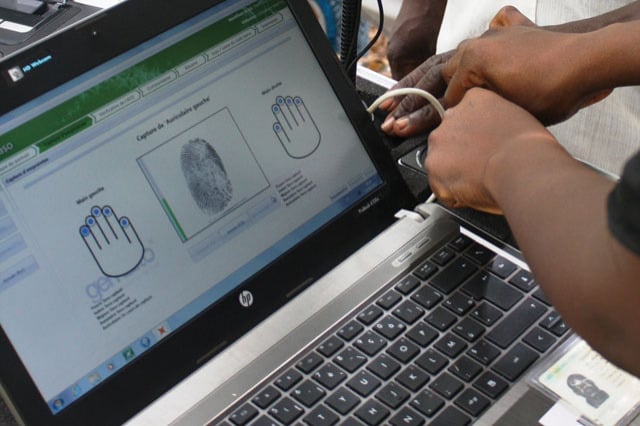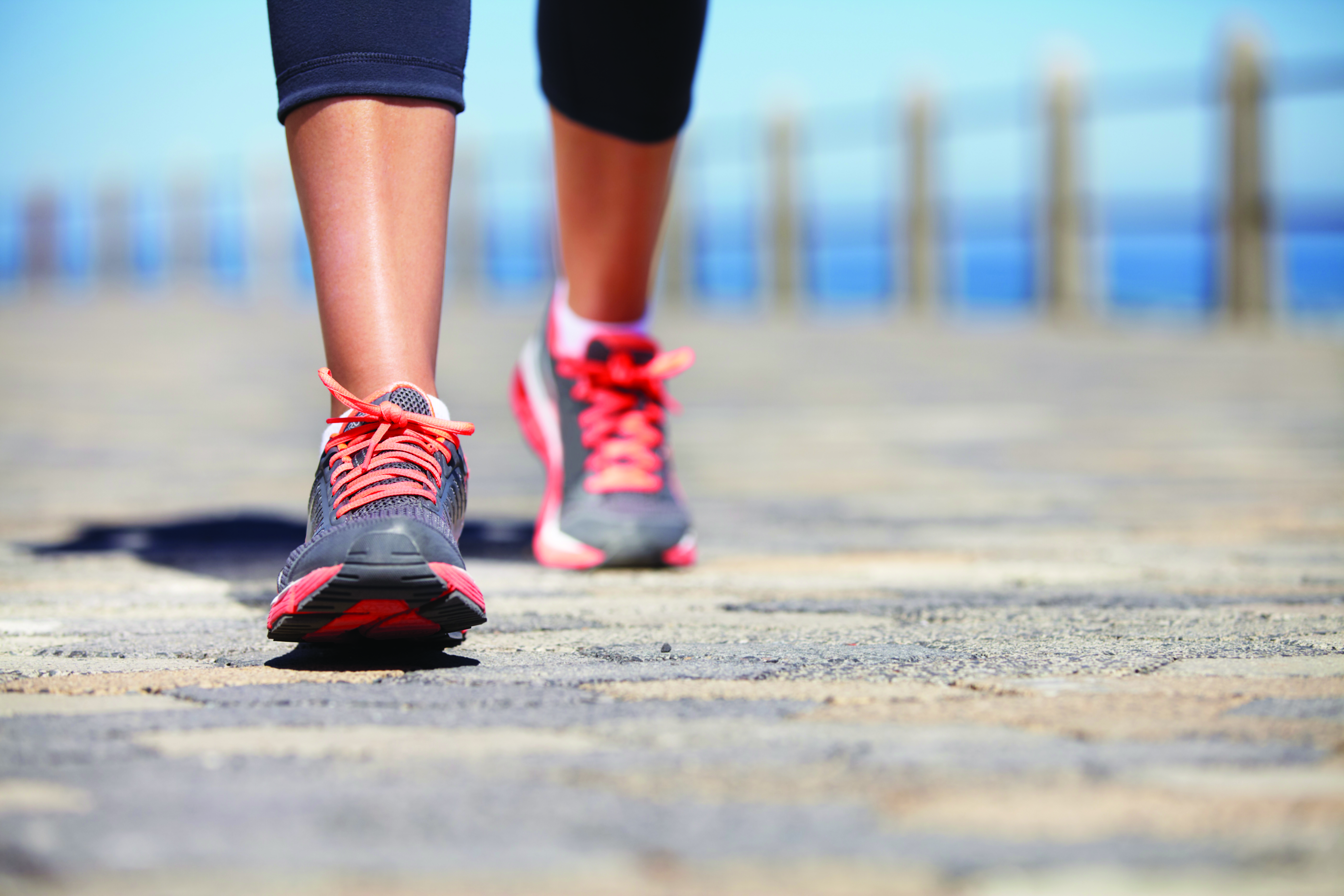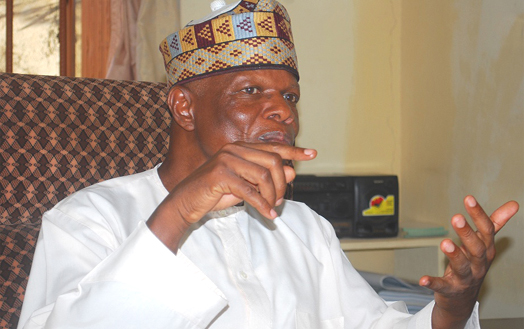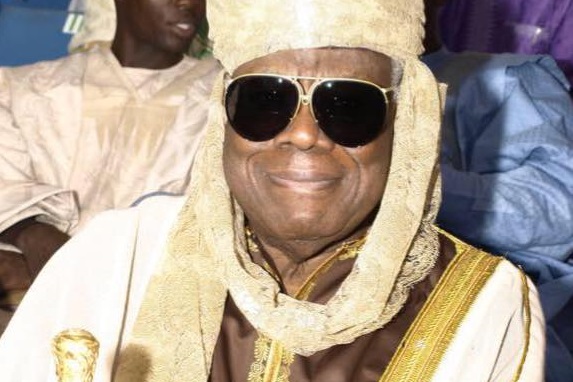I have lost count of how many times my biometrics have been taken by the Nigerian government and its authorised agents. I have been researching to make sure there is no disease associated with too much biometrics. Thankfully, I have not found any yet. But at the rate we have been collecting biometrics — especially fingerprints — in Nigeria, I have no doubt that we are the most “biometricised” country in the world. At the slightest provocation, we are called forward to come and surrender our fingerprints. There may be a genuine reason for the craze, but I still cannot put my finger on it. Perhaps, I should simply keep my fingers crossed.
My hopeless romance with fingerprinting started long ago. The earliest I can remember was in 1991 when we were asked to register to vote in the general election — although I am sure I did register for the local government elections conducted by the military government earlier than that. We registered at every election time. In those days, it was a simple ink-on-the-thumb and thumb-on-the-paper process. It meant absolutely nothing, anyway. On the day of election, there was no way of crosschecking if it was the same registered voter that turned up. Nobody was qualified or equipped to analyse the thumbprints. Nobody could really spot multiple registration.
My first electronic thumbprint — I hope I’m correct with the “electronic” part — was in 2002 when I took part in the doomed national ID card project. I queued for like two hours just to “ples my hand” on the biometric machine, which also “captured” my picture. I am yet to receive the ID card. Even though I consider myself a patient person, I think 13 years is enough for me to conclude that the card will no longer be delivered to me. I don’t even think I would be able to recognise myself on the card again. My cheeks are more camera-friendly today than they were then. My hairline was surely closer to my forehead then. So I don’t think that card will serve any purpose again.
In 2006, we did the national housing and population census — and our fingerprints were collected again. And, yet again, it meant nothing. Since then, only God knows how many times my biometrics have been taken: driving licence, international passport, SIM card registration, voter registration, BVN, etc. I am even luckier than some government workers who also have to provide more biometrics before they can collect their salaries. Those who know so much about information technology must be laughing themselves silly on the peculiarly Nigerian disease called “biometricitis”. One registration, alas, should be enough for all purposes!
Advertisement
And that is where I am going. There is a big biometric business in Nigeria, running into billions and billions of naira, but much of it is dubious duplication, triplication and endless multiplication. It is a huge scam in which IT contractors collude with government agencies to keep getting contracts to keep collecting fingerprints to keep duping us. They have their fingers in every biometric pie. How, I ask, can my fingerprint be collected for my international passport but it is not useful for my driving licence, even though it was collected by the same government? So, I have to give another fingerprint for my licence, and another for voter card (or what Nigerians call voters’ card) and another for BVN.
One of the biggest scams in Nigeria’s history was the SIM registration done by the Nigerian Communications Commission (NCC). This project cost some N6.2 billion. But, you won’t believe this, it did not produce any result. We were told in 2010 that if we registered with the NCC, we did not need to register with individual networks. So I did, only to find out that the NCC could not integrate its data with those of the networks. I was later informed that the data collected by NCC was “corrupted”. That is what corruption does. All those who registered with NCC between 2010 and 2013 had to return to their individual networks to re-register.
If subscribers were already being registered by the telcos, why did NCC have to do its own when it didn’t have any network? You guessed right: there was a contract of N6.2 billion on the table. It was an opportunity for sticky fingers. Easy billions at their fingertips! As Editor of THISDAY in 2012, I ran a story on the failure of the NCC registration. What did I get in return? The then executive vice-chairman, Eugene Juwa, said one “Yoruba boy” had been “paid” to destroy him in a newspaper owned by his fellow Delta brother, Nduka Obaigbena. Thank God, Obaigbena is one of the most broad-minded human beings you can find on earth. He simply ignored the baseless claim.
Advertisement
I will now make my arguments. One, biometrics are very personal. No civilised country collects the biometrics of its citizens the way we do in Nigeria. It is mainly foreigners, immigrants and suspected or convicted criminals that have their biometrics taken compulsorily. For instance, US and UK passports and driving licences are issued without any biometrics. You don’t need a biometric card to vote. You use a pen or punch a hole to vote for your choice on the ballot. It is a measure of lack of respect for the fundamental rights of Nigerians that makes the government and its agents invade their privacy in search of their fingerprints at the slightest opportunity.
Two, even if we have to do fingerprinting in Nigeria, we cannot be doing it indiscriminately. The stated idea behind the National Identity Management Commission (NIMC) is that it will be a central bank for our IDs. That is a good idea, I admit. But why then are we still compelled to dish out fingerprints in the name of BVN, voter registration, international passport, driving licence, pensions, IPPS, etc? Is it not the same fingers? Is it not the same country? Is it not the same government and its agents collecting the fingerprints? Would there ever be an end to this biometric binge? Someone would soon package a billion-dollar proposal for PHCN to take the biometrics of its customers!
Three, since we have been doing biometrics, what have we gained? Countries that collect these data use them to fight crime by matching fingerprints and DNAs. In 1891, Juan Vucetich, a Croatian-born Argentine anthropologist and police official, pioneered the use of fingerprint to profile criminals in Argentina. To the best of my knowledge, we are just gathering fingerprints, like medals, in Nigeria with no scientific use. The Nigeria Police Force did not have a modern forensic lab the last time I checked. A stolen car is recovered but there is no forensic analysis to trace the criminals. Yet an average Nigerian criminal has given a fingerprint to get a driving licence or BVN.
Four, and finally, how can we use the database to serve Nigerians? India’s Aadhaar is the world’s largest biometric and demographic database. Unique identification numbers are assigned to Indians for life to enable them securely receive government retail service, such as foodgrains, kerosene and cooking gas. Although enrolment is voluntary, but with all the benefits attached, who would not want to be part of it? Over 900 million Indians have been enrolled for the programme. In Nigeria, we just donate biometrics for nothing. There are no benefits, apart from maybe the new friends you made while queuing in the sun to “ples ya hand”.
Advertisement
At the risk of getting my fingers burnt, I insist that the time has come for us to put an end to compulsory biometrics. The ones we have given are enough for government and its agents to do whatever they want to do. Also, the police must set up a modern forensic lab to make use of this massive database to fight crime. Most importantly, government now has enough information on Nigerians so it can deliver its welfare programmes directly to the people. A good and useable database will deal with the sticky fingers as well as the other criminals in our midst. We must, therefore, not let this golden opportunity slip through our fingers.
AND FOUR OTHER THINGS…
BUHARI’S APPOINTMENTS
There has been an uproar in the south over the appointments made by President Muhammadu Buhari so far. Going by the figures, they are clearly skewed in favour of the north, particularly the north-east. The south-east is the worst hit, with zero appointment, so to say. Is this deliberate? Or are we being too hasty to judge? I am an advocate of ethno-religious balance in a multi-cultural society like ours where you have credible and qualified people from every state of the federation. However, I think we should allow all major appointments to be concluded before we crucify Buhari. Patience.
DASUKI AND ARMS
Advertisement
At last, Col. Sambo Dasuki (rtd), former national security adviser, has been charged to court by the Department of State Services (DSS). He is accused of possessing “fire arms without licence punishable under section 27(i)(a)(i) of the Firearms Act Cap F28 LFN 2004”. To be absolutely honest, I consider the charge as underwhelming. I am not suggesting that it is not an offence — or that he should not be charged to court. But I was a bit disappointed because when the DSS said they had found “incriminating” evidence against him the other time, I was expecting a nuclear bomb. Anti-climax.
LAWMAKERS OR LAWYERS?
Advertisement
Ita Enang, former senator, has launched a campaign that lawmakers who are lawyers should automatically be conferred with the rank of senior advocate of Nigeria (SAN). His logic: “It is an insult not to make legislature lawyers SANs. They make laws that the magistrate interprets and makes his way to the Supreme Court.” I don’t get his point. Our laws are made by lawmakers, not by lawyers. In fact, you can have a national assembly without a single lawyer. Laws will still be made. Thank God President Buhari has finally given Enang a job. He needs to get busy. Bewildering.
ADEFUYE’S EXIT
Advertisement
I have only good memories of Professor Ade Adefuye, our ambassador to the US who died suddenly on Thursday. Last year, a friend’s mother was critically ill in Enugu. She wanted to fly in a doctor from the US to stabilise her before flying her out. The doctor was having difficulties getting a Nigerian visa. I simply called Adefuye and explained the situation. He swung into action, assisting the doctor to get multiple-entry visa same day. We had never met, yet he obliged me so swiftly and generously. No wonder, he was celebrated as a good ambassador — passionate and compassionate. Adieu.
Advertisement







